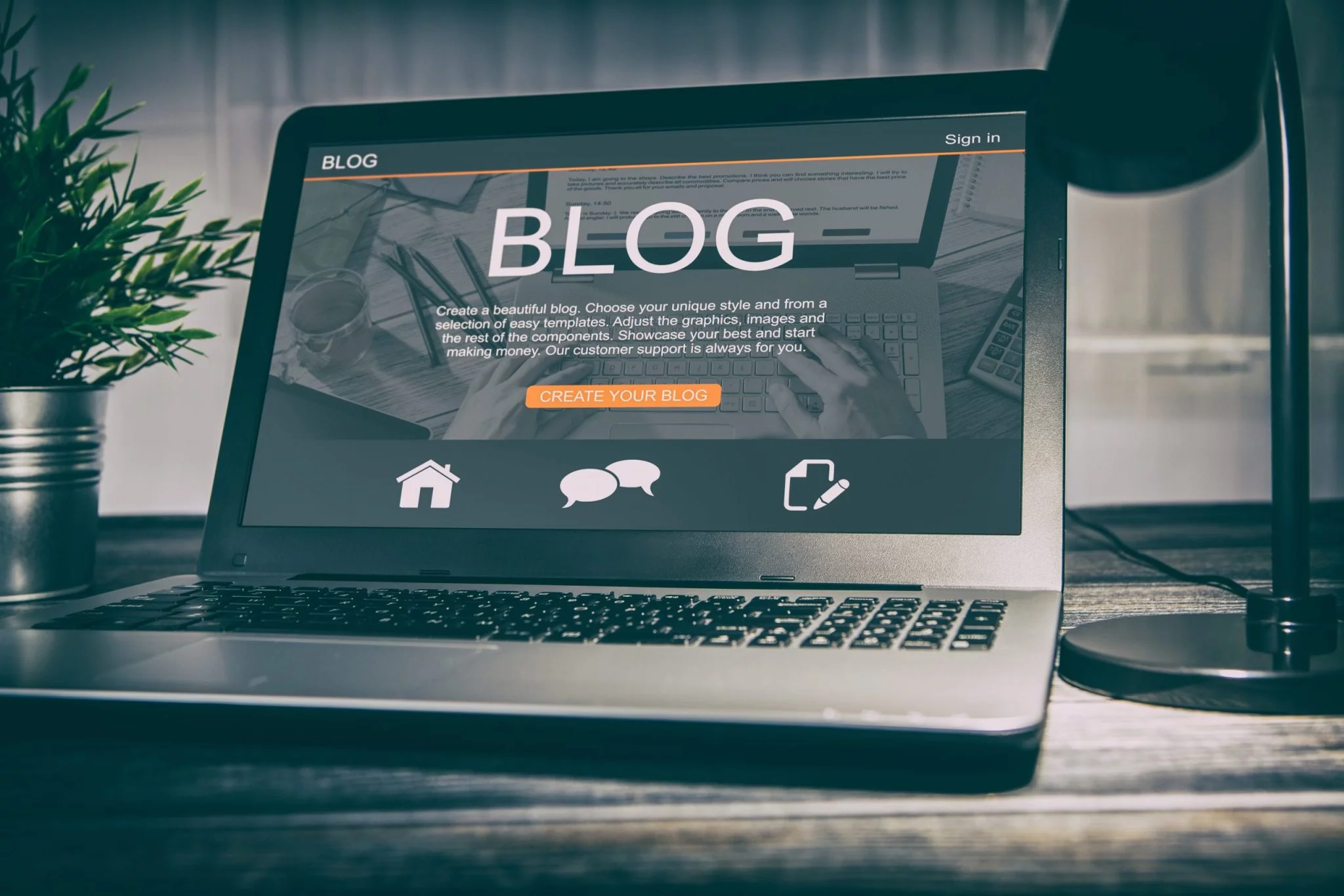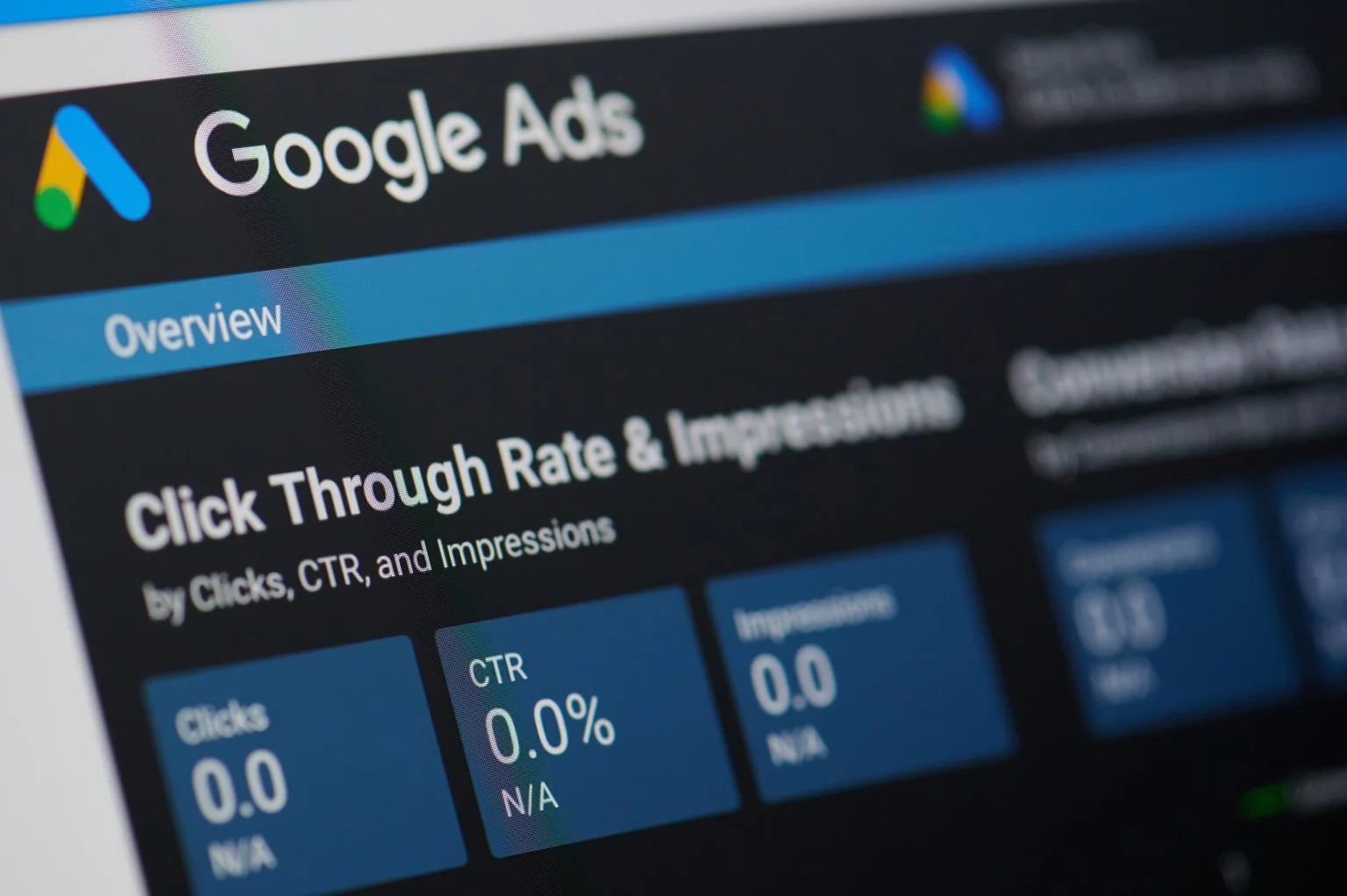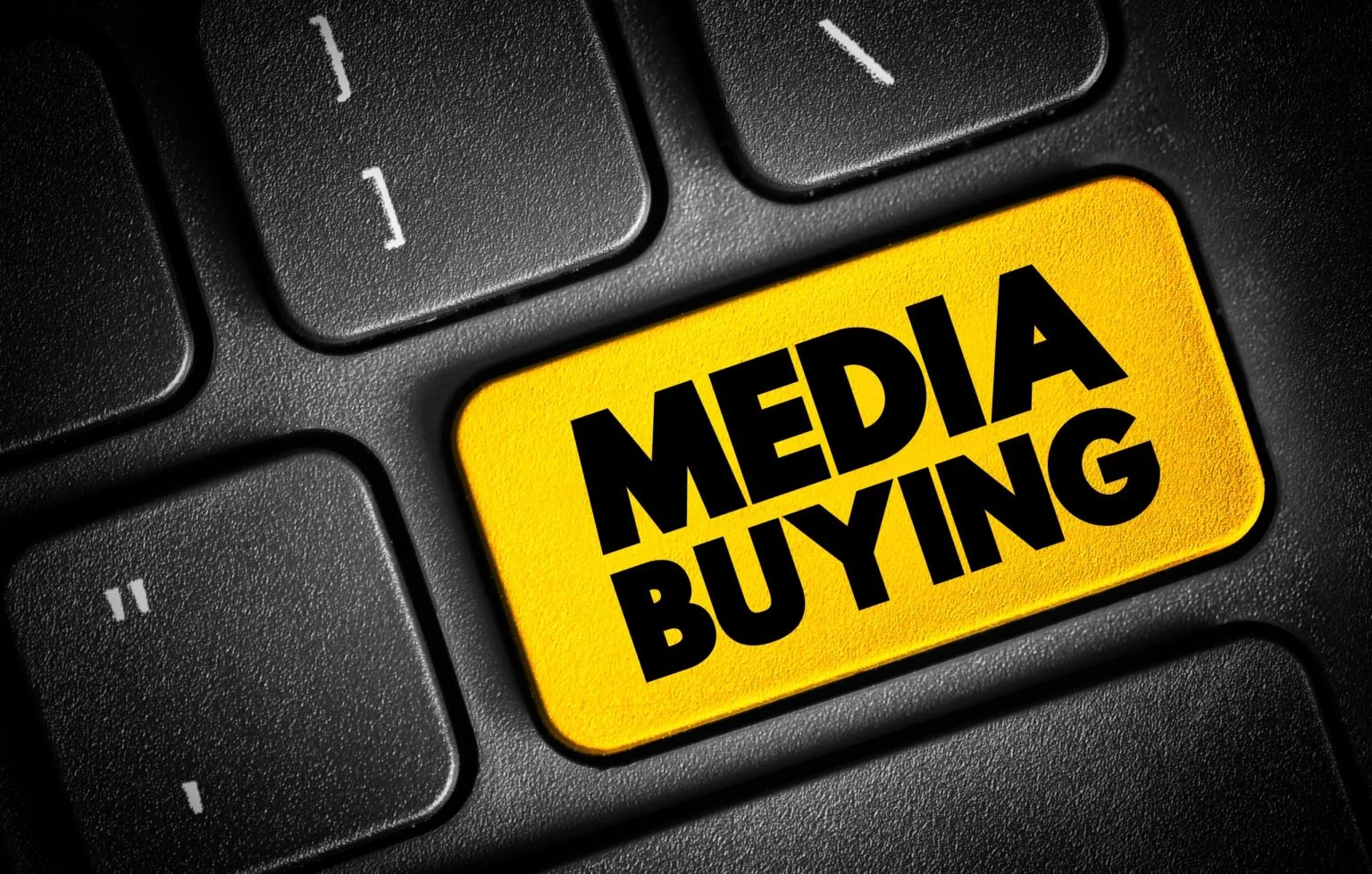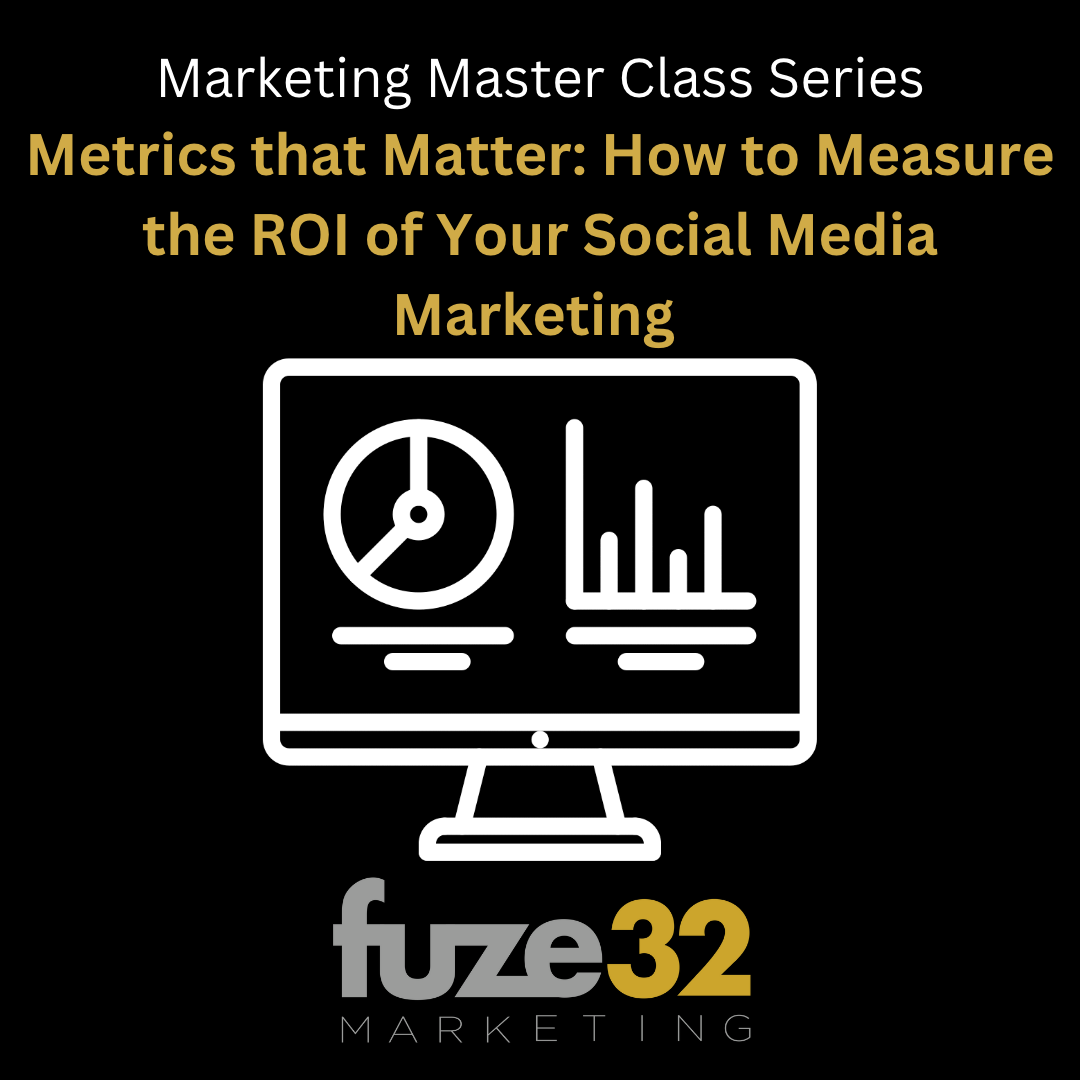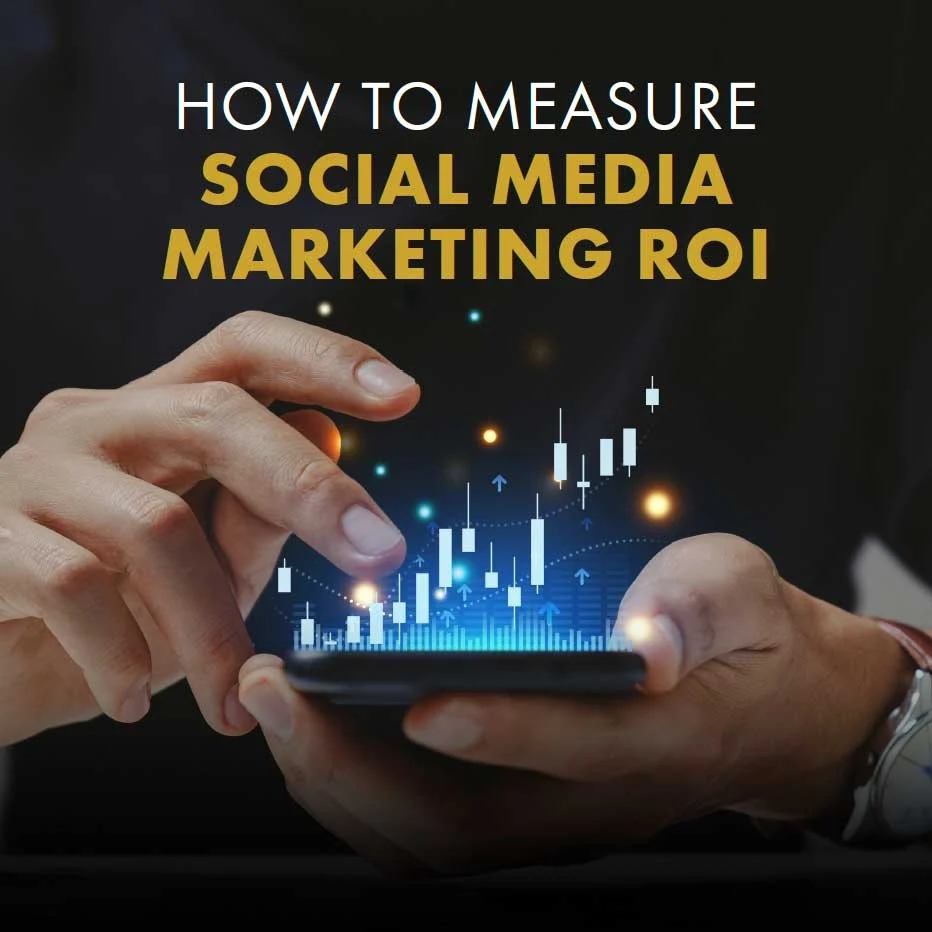
Social media is essential to marketing strategies for businesses of all sizes. As companies pour resources into their social media efforts, the question arises: Are these investments paying off? This is where measuring social media ROI (Return on Investment) becomes crucial. Understanding and measuring the impact of your social media activities justifies the investment and helps refine strategies for better results.
We'll discuss why measuring social media ROI is important, look at different methods, and show you the best tools to streamline the process. Whether you're a digital marketer, small business owner, or social media manager, this guide will help you measure and improve your social media performance.
Likes Don't Pay the Bills: Understanding Social Media ROI
Before diving into the techniques and tools, it's essential to understand what social media ROI means. Likes, shares, and comments are important metrics for engagement and brand awareness. However, these vanity metrics alone don't determine the success of your social media efforts. Social media ROI is measuring the revenue generated through social media activities and comparing it to the cost of those activities.
ROI is calculated by dividing the net profit (or loss) from an investment by its cost. This gives you a clear understanding of whether your social media efforts are profitable or not. However, ROI isn't limited to financial gains; it also involves other valuable outcomes such as brand awareness, customer engagement, and loyalty.
Why You Should Measure Social Media ROI?
- Resource Allocation: Knowing which social media activities give the best results helps optimize budget and resources.
- Performance Improvement: Identifying what works and what doesn’t helps refine your strategies to improve overall performance.
- Justifying Investments: Demonstrating the value of social media efforts to stakeholders or decision-makers requires clear ROI numbers.
- Strategic Planning: Measuring ROI gives useful insights for future marketing plans and strategies.
Defining Your Business Goals
The first step in measuring social media ROI is to set clear, measurable goals. These goals should align with your overall business objectives to ensure that your social media efforts contribute to the broader success of your business. It's important to define what success looks like for your social media campaigns and to establish specific metrics that will help you track progress. Common social media goals include:
- Increasing brand awareness
- Driving website traffic
- Generating leads
- Boosting sales
- Enhancing customer satisfaction
- Building a community
Identifying Key Metrics
Once your goals are defined, identify the key metrics that will help you track progress. These metrics will vary based on your goals. For example:
- If your goal is to increase website traffic, key metrics might include unique visitors, page views, and bounce rate.
- If your goal is to boost sales, you might track metrics such as conversion rate, average order value, and total revenue.
- For improving customer satisfaction, consider metrics like Net Promoter Score (NPS), customer retention rate, and average response time.
- If the goal is to enhance social media engagement, look at metrics such as likes, shares, comments, and follower growth.
- To measure productivity improvements, track key performance indicators like task completion rate, turnaround time, and efficiency ratios.
By selecting the appropriate metrics, you can effectively monitor and adjust your strategies to ensure you're on the right path to achieving your goals.
Techniques for Measuring Social Media ROI
To measure the ROI of your social media efforts, you need to employ a combination of techniques. Here are some effective methods:
- Google Analytics
Google Analytics is a powerful tool for tracking the impact of social media on your website traffic and conversions. Setting up UTM parameters helps identify which social media platforms and posts drive the most traffic and generate the highest conversions. Analyze metrics like sessions, bounce rate, and goal completions to evaluate your social media performance.
- Social Media Platform Analytics
Most social media platforms, including Facebook, X (formerly known as Twitter), and Instagram, offer built-in analytics tools. These tools provide valuable insights into your audience demographics, engagement rates, reach, and more. Use these insights to assess how well your content is performing and to identify areas for improvement.
- Conversion Tracking
Set up conversion tracking on your website to measure how social media drives form submissions, purchases, or downloads. Tools like Facebook Pixel and X Conversion Tracking help you see the impact of your social media campaigns on your business goals.
- Customer Relationship Management (CRM) Systems
Integrating your social media activities with a CRM system, such as Salesforce or HubSpot, can help you track customer interactions and sales originating from social media. This integration allows you to see the entire customer journey, from initial social media interaction to final purchase, providing a clearer picture of your social media ROI.
- Surveys and Feedback
Gathering direct feedback from your audience can provide qualitative insights into the effectiveness of your social media efforts. Use surveys, polls, or feedback forms to ask your audience how they found your brand, what content they find valuable, and how social media has influenced their purchasing decisions.
- Revenue Attribution Models
Employ revenue attribution models to assign value to different touchpoints in the customer journey. Multi-touch attribution, for instance, enables you to give credit to multiple interactions, including social media, that contribute to a conversion. This approach offers a more nuanced understanding of how social media contributes to your overall revenue.
By leveraging these techniques, you can gain a comprehensive understanding of your social media ROI and make data-driven decisions to enhance your marketing strategy.
10 Tools for Measuring Social Media ROI
Here's a list of 10 powerful tools that can help you measure your social media ROI effectively:
- Hootsuite
Hootsuite is a social media management platform that allows you to schedule posts, monitor social interactions, and analyze your social media performance. The platform offers comprehensive analytics reports that help you track key metrics, such as engagement, clicks, and conversions, across multiple social networks. Hootsuite's ROI calculations combine data from various sources to provide a clear picture of how your social media efforts are impacting your bottom line.
- Sprout Social
Sprout Social is another robust tool designed for social media management and analytics. The platform's reporting features offer detailed insights into your social media performance, including engagement metrics, audience demographics, and trend analyses. Sprout Social also allows you to track the impact of your social media campaigns on your business goals through custom reports and dashboards.
- Buffer
Buffer helps you plan, schedule, and analyze your social media posts. The platform's analytics provide insights into post-performance, audience growth, and engagement metrics. Buffer's business plans include additional analytics features, such as identifying the best times to post based on user engagement and performing in-depth performance comparisons across different social channels.
- Google Analytics
Google Analytics, when integrated with your social media accounts, can help you measure the traffic and conversions generated from social media activities. Setting up goals and UTM parameters in Google Analytics allows you to see which social media platforms and campaigns drive the most valuable traffic to your website. You can analyze key metrics such as session duration, pages per session, and goal completions to assess the effectiveness of your social media strategy.
- HubSpot
HubSpot offers a comprehensive suite of tools that includes social media management, CRM, and marketing automation. The platform's analytics feature allows you to track social media performance, identify lead sources, and measure the ROI of your social media campaigns. HubSpot's integration with your CRM system ensures that you can see the full customer journey, from social media interaction to final sales.
- Facebook Insights
For those focusing on Facebook as a primary social media platform, Facebook Insights is an invaluable tool. It provides detailed analytics on page performance, post engagement, audience demographics, and more. The platform's Insights also include metrics on reach, clicks, and conversions, helping you measure the effectiveness of your Facebook marketing efforts.
- "X" Analytics
X Analytics offers a wealth of information about your X account's performance. You can track tweet impressions, profile visits, mentions, and follower growth. The platform also provides detailed data on the performance of individual posts, helping you understand what types of content resonate most with your audience.
- LinkedIn Analytics
LinkedIn Analytics provides insights into your company's LinkedIn page performance. You can monitor metrics such as post impressions, clicks, and interactions, as well as analyze audience demographics and follower trends. LinkedIn's analytics help you understand the impact of your LinkedIn presence on professional networks and business outcomes.
- Instagram Insights
Instagram Insights is a built-in analytics tool for Instagram business accounts. It offers data on post-performance, stories, and IGTV videos, as well as audience demographics and engagement metrics. By using Instagram Insights, you can measure the success of your Instagram campaigns and adjust your strategy to improve results.
- Socialbakers
Socialbakers is an AI-powered social media marketing suite that offers tools for content scheduling, social listening, and analytics. The platform provides in-depth reports on social media performance, audience analysis, and competitor benchmarking, helping you optimize your social media strategy and measure ROI effectively.
The Future of Social Media ROI and Your Next Steps
Measuring social media ROI is essential for understanding the effectiveness of your marketing efforts and making data-driven decisions. As social media continues to evolve, new tools and techniques will emerge, offering even more advanced methods to measure and optimize ROI.
As you embark on your journey to measure social media ROI, remember to:
- Set clear, measurable goals aligned with your business objectives.
- Identify the key metrics that will help you track progress.
- Utilize the right tools to streamline the measurement process.
By implementing these strategies, you'll be well-equipped to demonstrate the value of your social media efforts and drive meaningful results for your business. Start measuring your social media ROI today and unlock the full potential of your digital marketing initiatives.



.webp)

